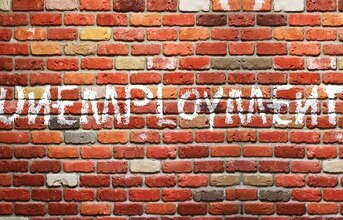
From scale to skill, FY 2014-15 has seen a significant move as organizations choose to veer away from simple operational scale-ups to in-depth review of skillsets. The National Mission for Skill Development estimates that only 2.3 percent of the workforce in India has undergone formal skills training compared to 68 percent in the UK, 75 percent in Germany, 52 percent in USA, 80 percent in Japan and 96 percent in South Korea.
Large sections of the educated workforce have little or no job skills, rendering them unemployable for the most part. Based on the Census 2011 and NSSO (68th Round) data, it is estimated that 104 million fresh entrants to the workforce will require skill training by 2022. Furthermore, 298 million of the existing workforce will require additional skill training over the same period.
A startling insight is that nearly 95 percent of engineering graduates in India remain unemployable and, on top of that, 80 percent of a professional engineer's time is taken up by essential but non-value-added tasks. Added to this is the fact that engineering research and development is slated to grow to $30-40 billion by 2020.
Well, engineering remains one of the highest in-demand domains and there is redoubled emphasis on core engineering profiles, engineering design, research and development. Even so, what companies need are people with bankable skills; engineering graduates-on-paper just won't do.
Estimates suggest that India has more engineering graduates than the US and China put together. And yet, graduates in India find it harder than ever to either find a job or to find one that is commensurate with their qualifications or experience. With such an abundance of graduates, what is really short-circuiting their employability chances?
An imminent need to move up the engineering ladder
Much of the slowdown in the hiring of engineering talent in India has to do with the changing nature of the job itself. There is a huge demand for skilled employees in advanced engineering roles such as aerospace, not just in India, but even in the developed world.
With changing business models, even the so-called ‘regular' engineering profiles require people not just with textbook knowledge but who are grounded in creativity and can apply the same in challenging and diverse scenarios. Such roles demand, apart from a higher degree of skillsets, some kind of actual field experience.
(Continued on the next page)
